Common ingredients
The main ingredient is water; the main active ingredients are detergents. Detergents are used, rather than soaps, because they do not react with any minerals in the water to form soap scum. There are other thickening and stabilizing agents. Other ingredients may include surfactants, hydrotrope, salts, preservatives, fragrances, and dyes.
Surfactants remove grease and stuck food particles. They may also provide foam.
Some dishwashing products contain phosphates. Phosphate makes dishes cleaner but can also cause harmful algal bloom as the wastewater goes back to the natural environment. Because of this, it is banned as a component in many places.
In 2010, the United States FDA raised health concerns over triclosan, an antibacterial substance used in some dish liquids. Elsewhere, triclosan has been found to create problems at wastewater treatment plants, whereby it can “sabotage some sludge-processing microbes and promote drug resistance in others.” The United States FDA has found that triclosan provides no health benefits over soap and water. As of 2014, at least one state within the United States has banned triclosan in dishwashing liquids.
Many dishwashing liquids contain perfume which can cause irritant or allergic contact dermatitis.







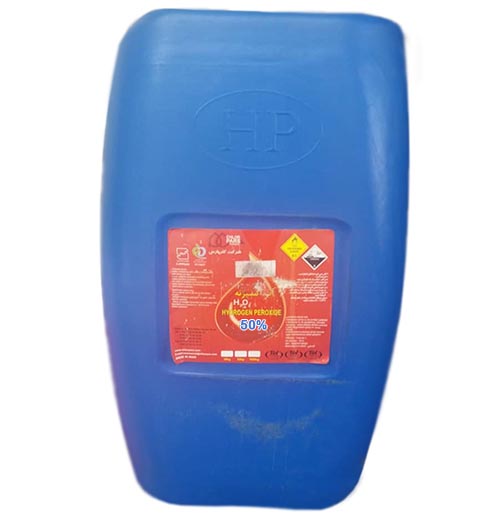
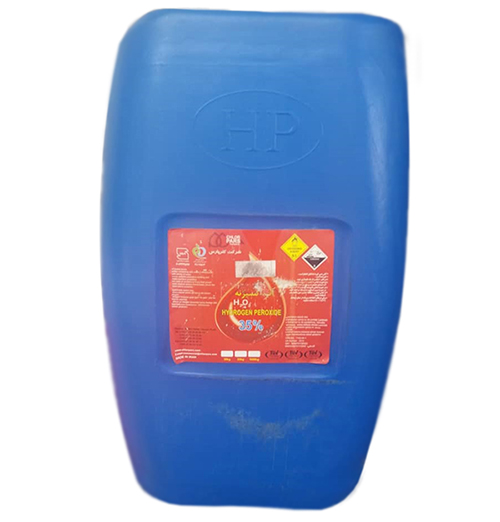

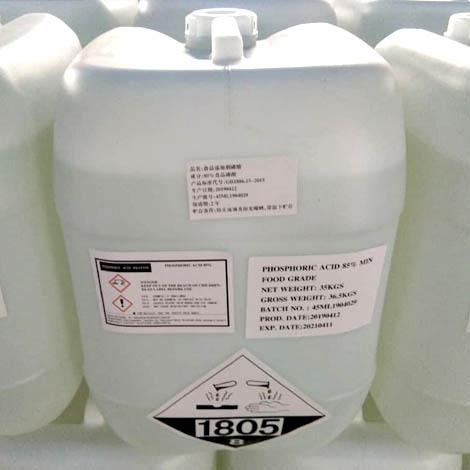
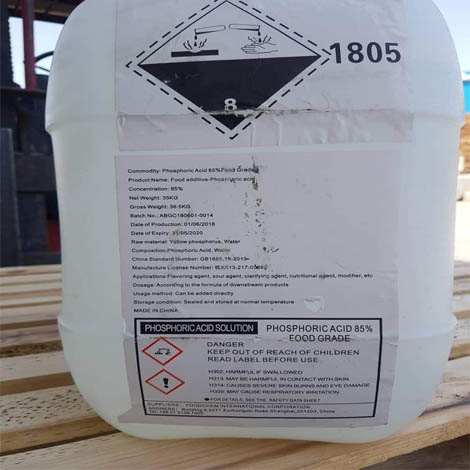
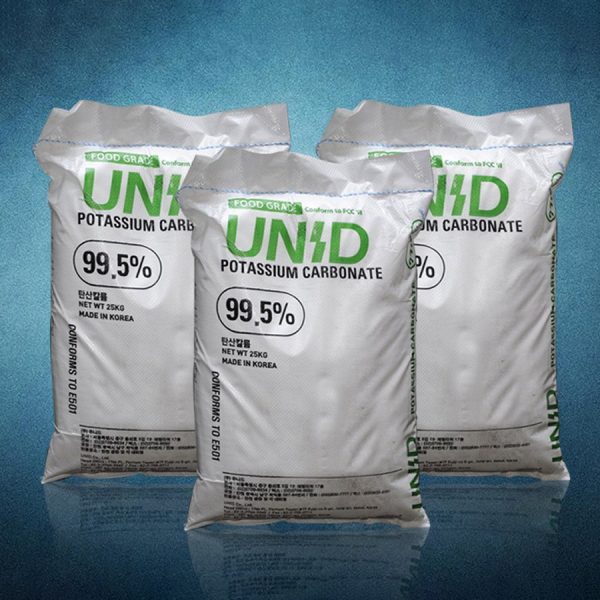
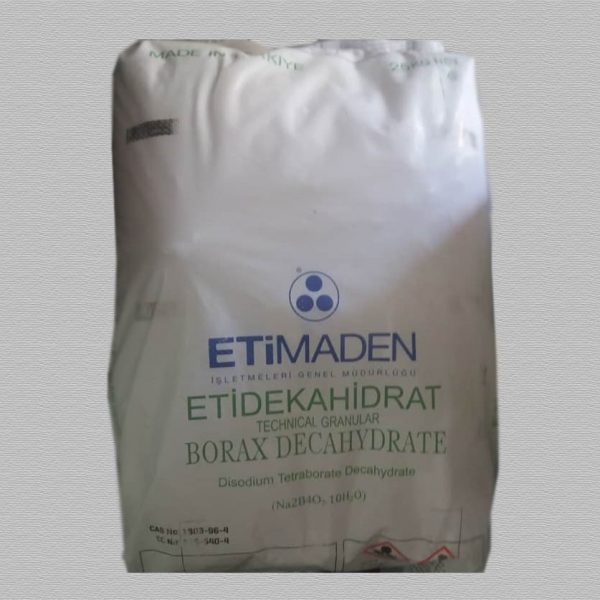

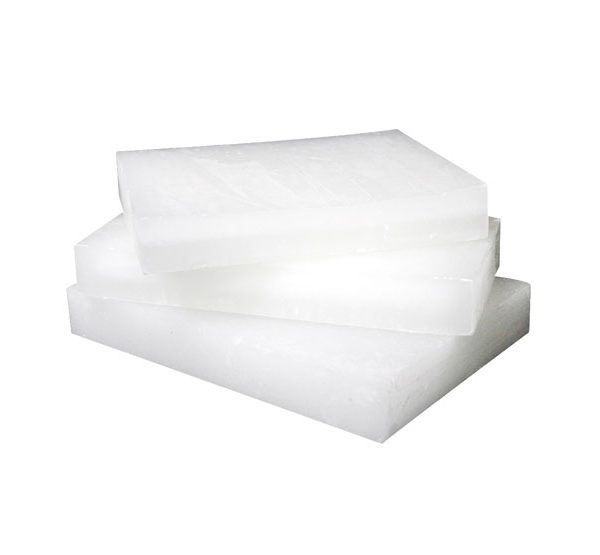



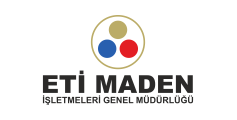
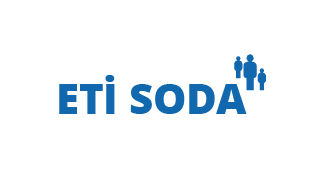
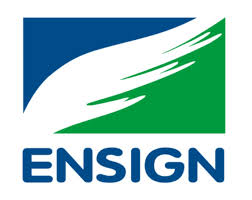


Reviews
There are no reviews yet.